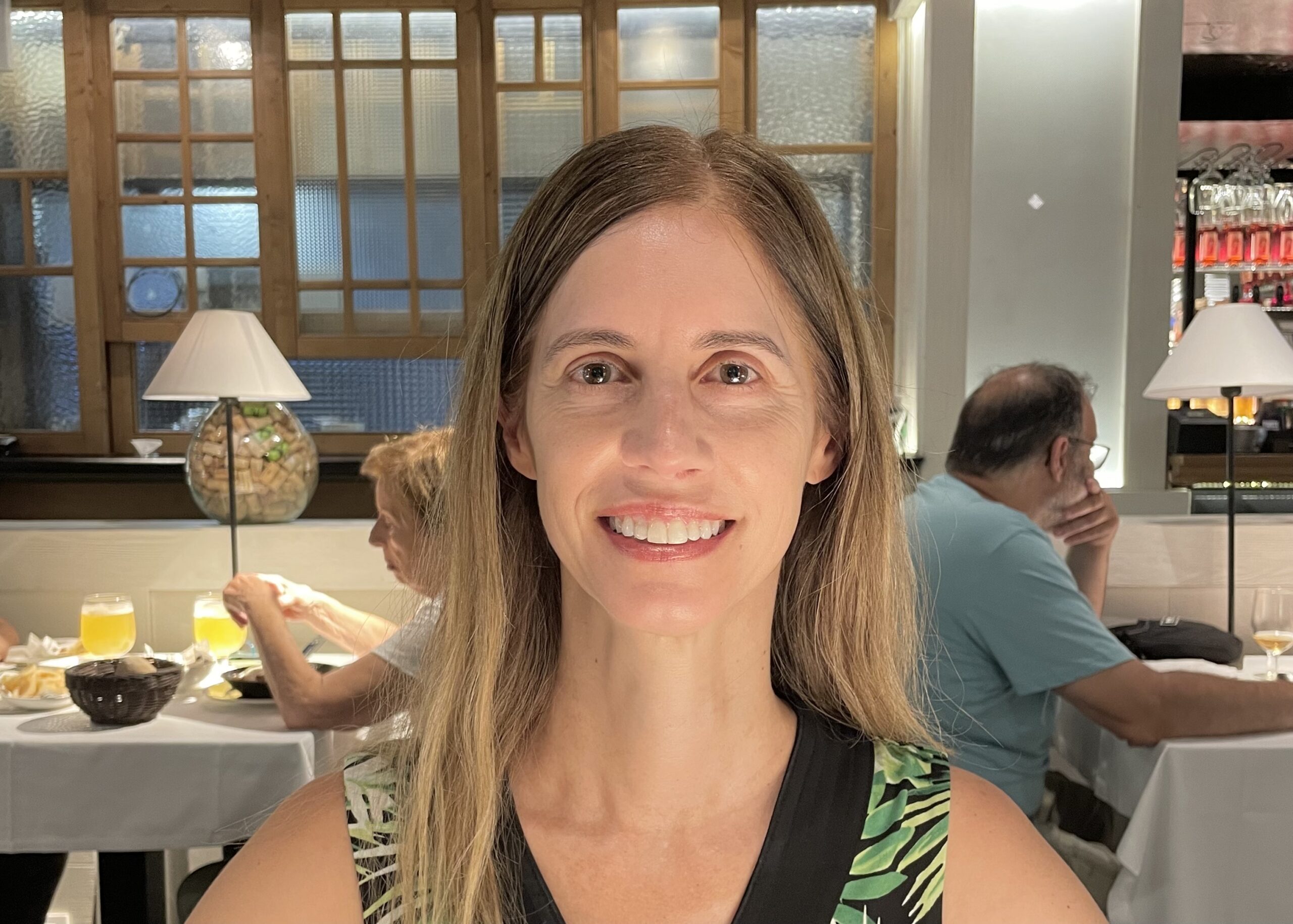Is Age Just A Number? The Science And Psychology Of Growing Older

Table of Contents
The Biology of Aging
Biological aging, also known as senescence, is a complex process encompassing cellular and molecular changes. Understanding the biological mechanisms of aging is crucial to comprehending the overall experience of growing older. Key aspects of biological aging include:
-
Cellular Aging: Our cells have a limited capacity for replication. Telomeres, protective caps on the ends of chromosomes, shorten with each cell division. Eventually, telomere shortening leads to cellular senescence, impacting tissue repair and overall function. DNA damage accumulates over time due to various factors, including exposure to environmental toxins and cellular errors, further contributing to aging.
-
Oxidative Stress and Free Radicals: Free radicals, unstable molecules, damage cells and contribute to oxidative stress. This process is implicated in a variety of age-related diseases, including cardiovascular disease and neurodegenerative disorders. Antioxidants, found in many fruits and vegetables, help combat free radical damage.
-
Current Anti-aging Research: Ongoing research explores various anti-aging therapies and interventions, including caloric restriction, senolytics (drugs that eliminate senescent cells), and gene therapies. While breakthroughs are still emerging, these studies offer hope for slowing down the biological aging process and extending healthy lifespan.
-
Biological Changes with Age:
- Decreased muscle mass (sarcopenia)
- Reduced bone density (osteoporosis)
- Weakened immune system
- Changes in vision and hearing
The Psychology of Aging
Psychological aging encompasses the cognitive, emotional, and social aspects of growing older. While biological changes are inevitable, how we experience aging is profoundly shaped by our psychological well-being and the societal context we inhabit. Key factors influencing psychological aging include:
-
Ageism and Self-Perception: Societal attitudes towards aging (ageism) can significantly impact how older adults perceive themselves and their capabilities. Negative stereotypes can lead to decreased self-esteem and a sense of diminished worth. Challenging ageist attitudes and fostering a positive self-image are crucial for healthy aging.
-
Cognitive Function and Aging: Cognitive changes are normal with age; however, maintaining cognitive function is crucial for quality of life. Strategies like brain training exercises, engaging in mentally stimulating activities (e.g., learning a new language, playing a musical instrument), and staying socially engaged can help preserve cognitive sharpness.
-
Emotional Well-being and Mental Health: Maintaining positive emotional well-being and mental health throughout life is critical. Addressing mental health concerns, such as depression and anxiety, is essential. Mindfulness practices, social connections, and engaging in hobbies can all contribute to a positive outlook.
-
Strategies for Positive Mental Outlook:
- Mindfulness meditation
- Social interaction and engagement
- Pursuing hobbies and interests
- Maintaining a sense of purpose and meaning
-
Successful Aging Models: Successful aging models emphasize active engagement in life, maintaining social connections, adapting to change, and focusing on personal growth.
Lifestyle Factors and Healthy Aging
Lifestyle choices play a pivotal role in determining the trajectory of our aging journey. A proactive approach to healthy aging involves focusing on various lifestyle factors:
-
Diet and Exercise: A balanced diet rich in fruits, vegetables, whole grains, and lean protein is crucial. Regular physical activity, tailored to individual capabilities, helps maintain muscle mass, bone density, and cardiovascular health.
-
Social Support and Aging: Strong social networks and supportive relationships provide emotional resilience and a sense of belonging, which are essential for healthy aging. Loneliness and social isolation can negatively impact physical and mental well-being.
-
Preventative Healthcare: Regular medical checkups, screenings for age-related diseases (e.g., cancer, heart disease), and prompt management of chronic conditions significantly impact longevity and quality of life.
-
Specific Recommendations:
- Mediterranean diet rich in fruits, vegetables, and healthy fats
- Regular aerobic exercise (e.g., brisk walking, swimming)
- Strength training to maintain muscle mass
- Regular social engagement and participation in community activities
Debunking Myths About Aging
Many misconceptions surround aging. Addressing these myths is vital for promoting a realistic and positive understanding of the aging process:
-
Myth: Cognitive decline and memory loss are inevitable with age.
- Reality: While some cognitive changes occur, significant memory loss is not a normal part of aging. Maintaining cognitive function through mental stimulation and healthy lifestyle choices can significantly mitigate age-related cognitive decline.
-
Myth: Aging automatically leads to decreased physical capabilities.
- Reality: While some physical changes occur, maintaining physical activity helps prevent significant functional decline. Regular exercise and strength training can preserve muscle mass and bone density, promoting mobility and independence.
-
Myth: The brain loses its plasticity with age.
- Reality: The brain retains its capacity for learning and adaptation throughout life. Engaging in mentally stimulating activities, learning new skills, and staying socially engaged can enhance cognitive function at any age.
Conclusion
The experience of growing older is a multifaceted journey shaped by both biological and psychological factors. While biological aging is an inevitable process characterized by cellular changes and oxidative stress, psychological well-being, lifestyle choices, and societal attitudes significantly influence how we experience aging. Healthy aging emphasizes proactive strategies that prioritize physical and cognitive health, strong social connections, and a positive self-image. Remember, age is just a number—let's focus on healthy aging and living a fulfilling life at every stage. Learn more about strategies for healthy aging and how to live a fulfilling life at every stage. Explore further resources on [link to relevant resources/articles].

Featured Posts
-
 Shh Rg Ky Dastan Ayksprys Ardw Ky Rwshny Myn
May 01, 2025
Shh Rg Ky Dastan Ayksprys Ardw Ky Rwshny Myn
May 01, 2025 -
 Bibee Settles In After Early Homer Leads Guardians To 3 2 Win Over Yankees
May 01, 2025
Bibee Settles In After Early Homer Leads Guardians To 3 2 Win Over Yankees
May 01, 2025 -
 Channel 4s New Drama Trespasses First Look At Teaser Images
May 01, 2025
Channel 4s New Drama Trespasses First Look At Teaser Images
May 01, 2025 -
 Six Nations 2025 Can France Continue Their Success
May 01, 2025
Six Nations 2025 Can France Continue Their Success
May 01, 2025 -
 Household Plastics And Heart Disease A Study Reveals Concerning Chemical Links
May 01, 2025
Household Plastics And Heart Disease A Study Reveals Concerning Chemical Links
May 01, 2025
Latest Posts
-
 Deep Concerns Raised Over Police Accountability Review Process
May 01, 2025
Deep Concerns Raised Over Police Accountability Review Process
May 01, 2025 -
 Concerns Over Police Accountability Campaigners Demand Reform
May 01, 2025
Concerns Over Police Accountability Campaigners Demand Reform
May 01, 2025 -
 Campaigners Deep Concern A Critical Review Of Police Accountability
May 01, 2025
Campaigners Deep Concern A Critical Review Of Police Accountability
May 01, 2025 -
 Police Accountability Review Campaigners Raise Serious Concerns
May 01, 2025
Police Accountability Review Campaigners Raise Serious Concerns
May 01, 2025 -
 Campaigners Deep Concern Over Police Accountability Review
May 01, 2025
Campaigners Deep Concern Over Police Accountability Review
May 01, 2025
